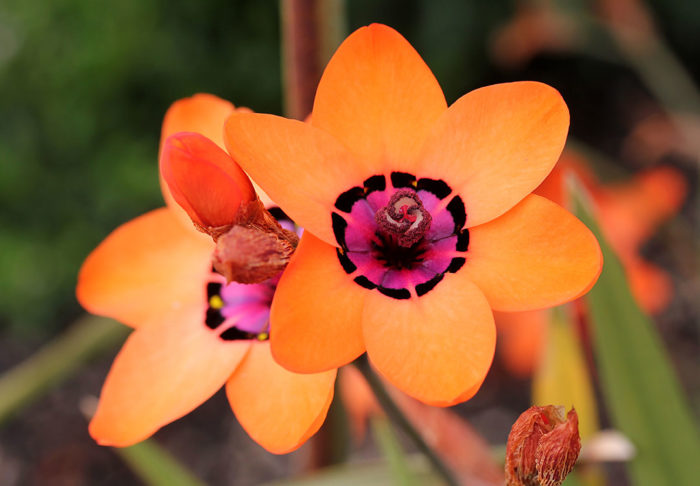
The African continent is home to an astonishing array of plant species, many of which are found nowhere else on Earth. With its varied ecosystems, including tropical rainforests, savannas, deserts, wetlands, and mountains, Africa boasts a rich diversity of flora that has evolved to survive and thrive in a range of conditions.
The African Savannah, known for its iconic acacia trees and grasses, covers vast stretches and supports a multitude of herbivores and predators. The Congo Rainforest, often referred to as the “lungs of Africa,” houses a stunning assortment of plant species, contributing to the Earth’s oxygen production and serving as a vital habitat for countless animal species.
Traditional Knowledge and Medicinal Plants
African botany is deeply intertwined with the cultures and traditions of indigenous communities across the continent. For centuries, local communities have utilized the knowledge of plants for various purposes, including medicine, food, shelter, and cultural practices. Many African plant species hold significant medicinal properties, with traditional healers using them to treat ailments ranging from fevers to digestive issues.
In recent years, there has been a growing interest in exploring the potential of these traditional medicinal plants for modern medicine. Scientists are collaborating with indigenous communities to study the chemical compounds present in these plants, aiming to unlock their therapeutic potential and develop new treatments.
Challenges and Conservation
Despite its incredible botanical wealth, African plant diversity faces numerous challenges, including habitat loss, deforestation, and climate change. As urbanization and agricultural expansion continue, there is a pressing need for sustainable land use practices and conservation efforts to preserve the unique plant species that call Africa home.
International organizations, governments, and local communities are working together to establish protected areas, promote sustainable agriculture, and raise awareness about the importance of preserving Africa’s botanical heritage. Botanists and researchers are also collaborating to document and study plant species, ensuring that their knowledge contributes to the broader understanding of global biodiversity.
A Bright Future Ahead
As the world becomes increasingly aware of the critical importance of biodiversity and ecological balance, the study of African botany takes on even greater significance. From understanding the interactions between plants and wildlife to discovering new solutions for sustainable agriculture and medicine, the world stands to benefit from the insights that African botany can provide.
With continued research, conservation efforts, and a deep appreciation for the natural world, African botany promises to illuminate the wonders of nature while serving as a reminder of the vital need to protect and preserve the planet’s botanical treasures for generations to come.
